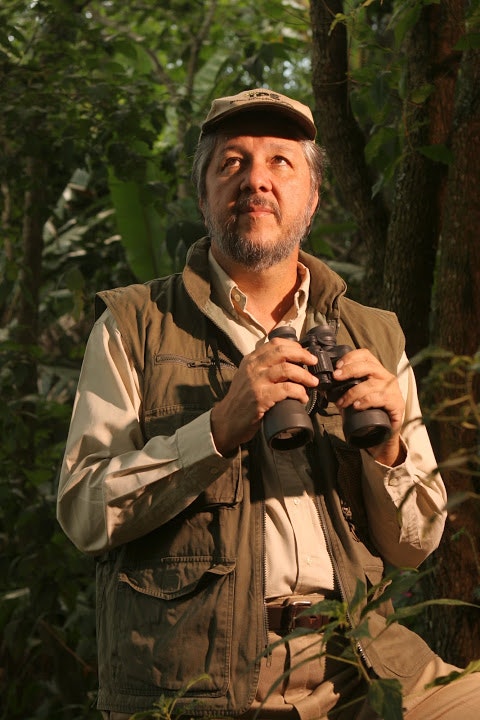Conservation of endangered species, Brazil

Previously a Brazilian businessman working in Rio de Janeiro, Dr Claudio Padua returned to college in Brazil and USA to study his real love – nature conservation. He gained his PhD in 1993 studying the black lion tamarin, a highly endangered species of monkey. Claudio developed his scientific work into a holistic approach which included environmental education for local landowners and communities, and the training of students and field paranaturalists. Over time, he has embraced every type of activity needed to increase the survival prospects for the black lion tamarin and its equally endangered habitat, the Atlantic forests of Sao Paulo state.

Always fascinated by theories of conservation biology Claudio has only been content when such theories have actually been applied to conservation problems and solutions worked out. He is a pioneer of species meta-population management plans. For example, to avoid inbreeding, a common problem of small groups, Claudio has been involved with the integration of geographically isolated sub-populations.

Claudio has also been in the vanguard of the development of training opportunities for students and field assistants. His principal goal for the future is to increase the amount of conservation training for young Brazilians. His non-profit organisation IPE – Institute for Ecological Research – now has almost 20 conservation projects under way, dealing with endangered species, ecosystems, education and policy. It has formed partnerships with government bodies, other NGOs and the agrarian movement co-operative, which provides leverage to its conservation efforts.

Image credit: Rodrigo Baleia
Claudio Padua passionately believes that the demands of conservation work are best met by the education of young enthusiasts and the building of their capacity for such work, thus, passing on the skills to enable them to develop and carry out their own projects.



